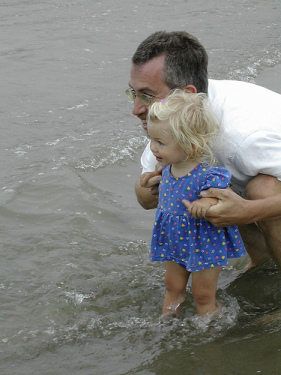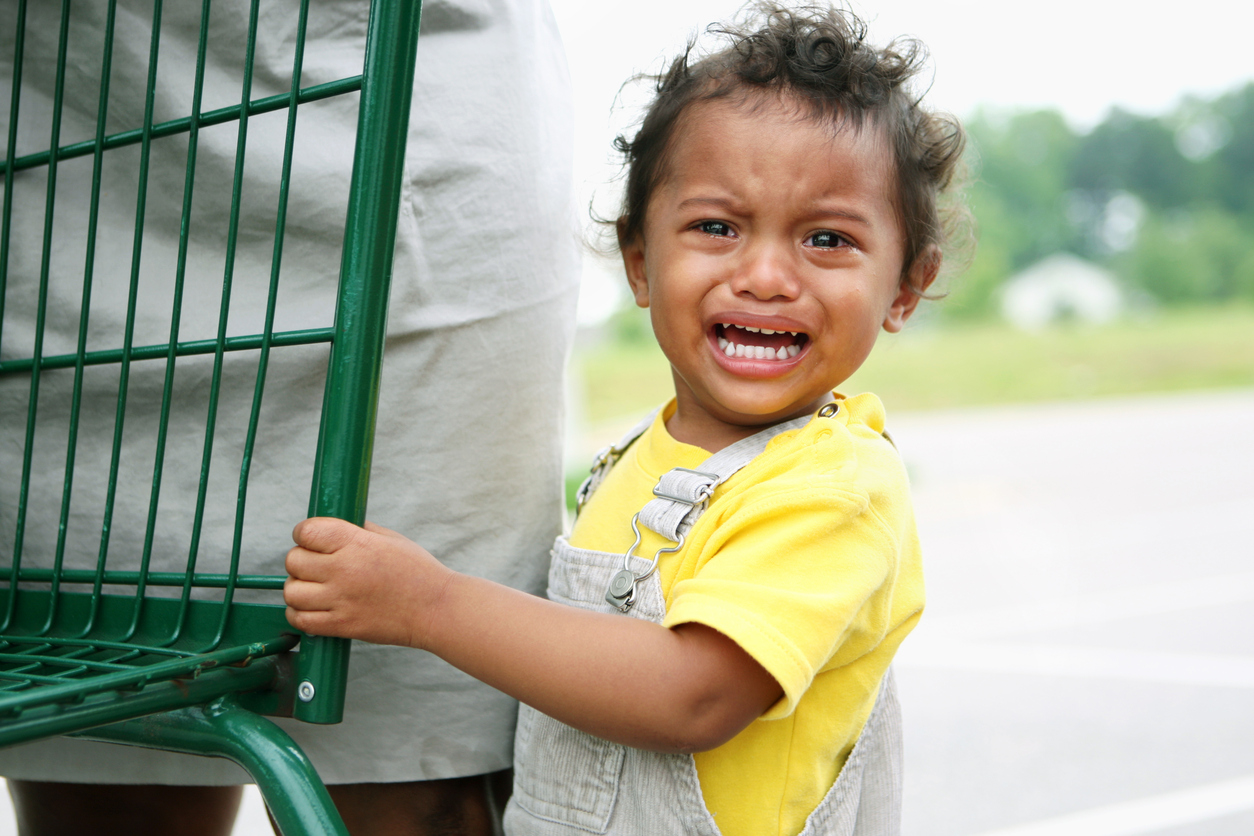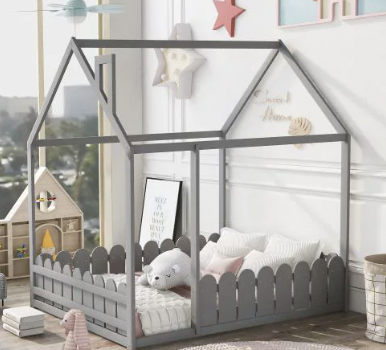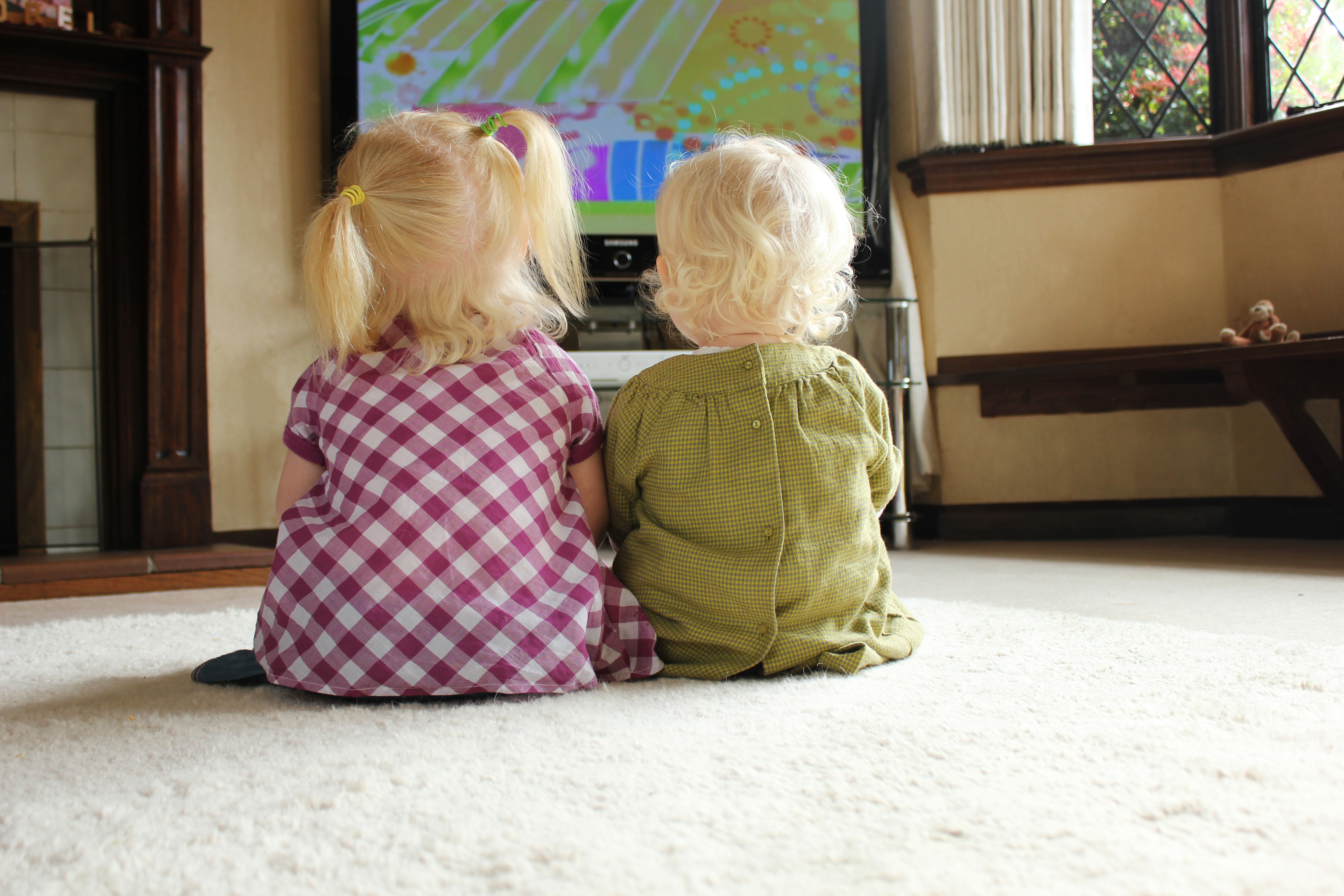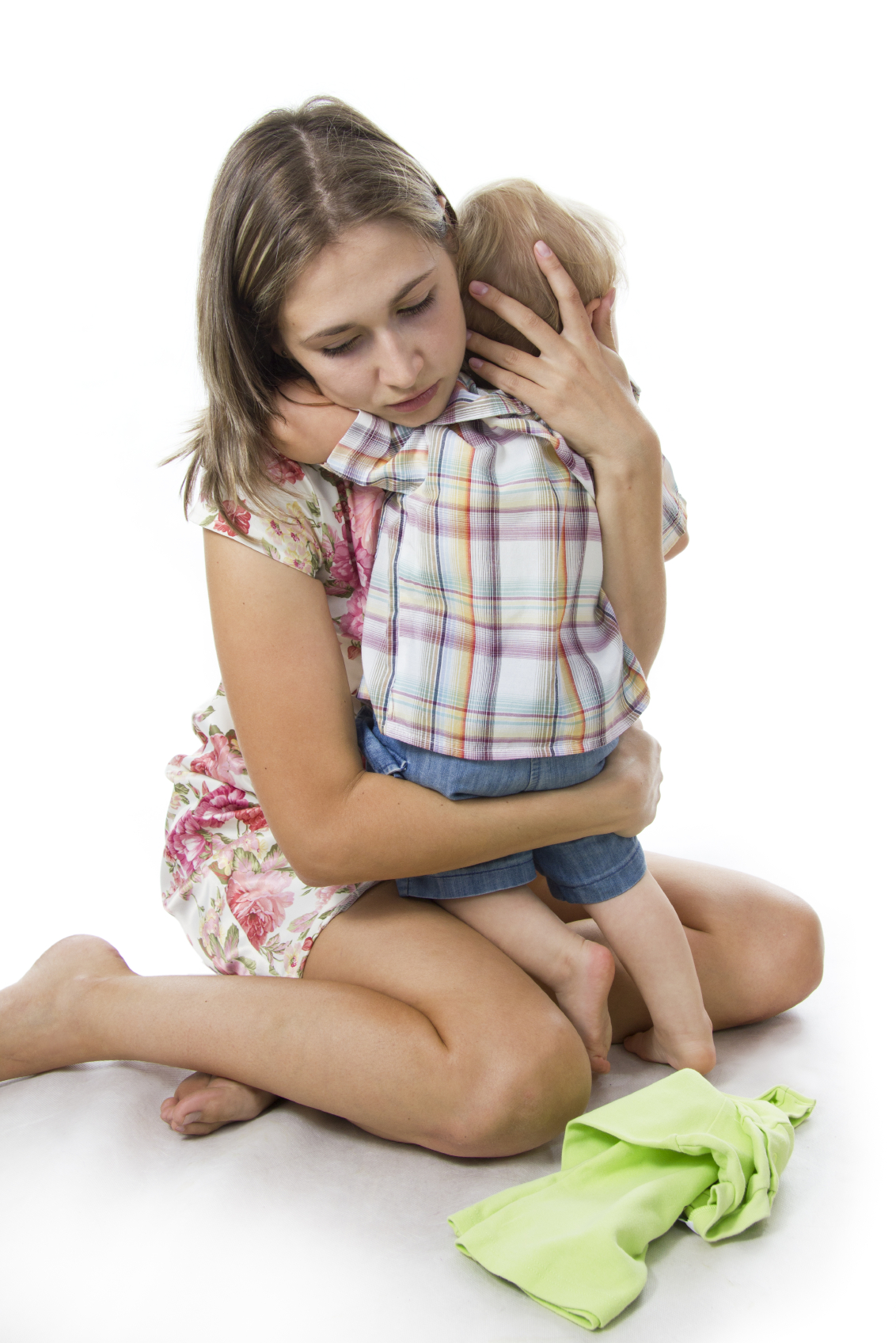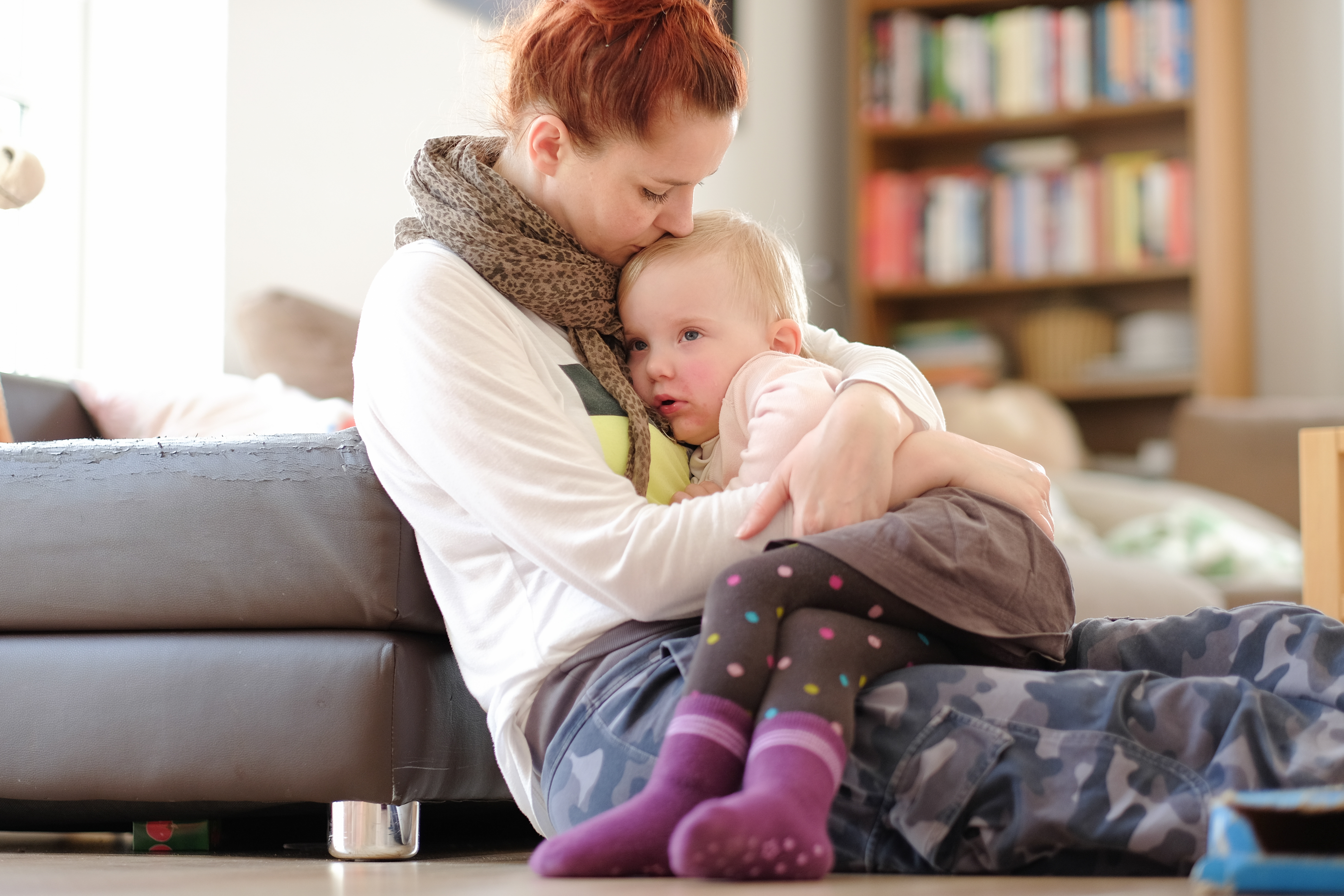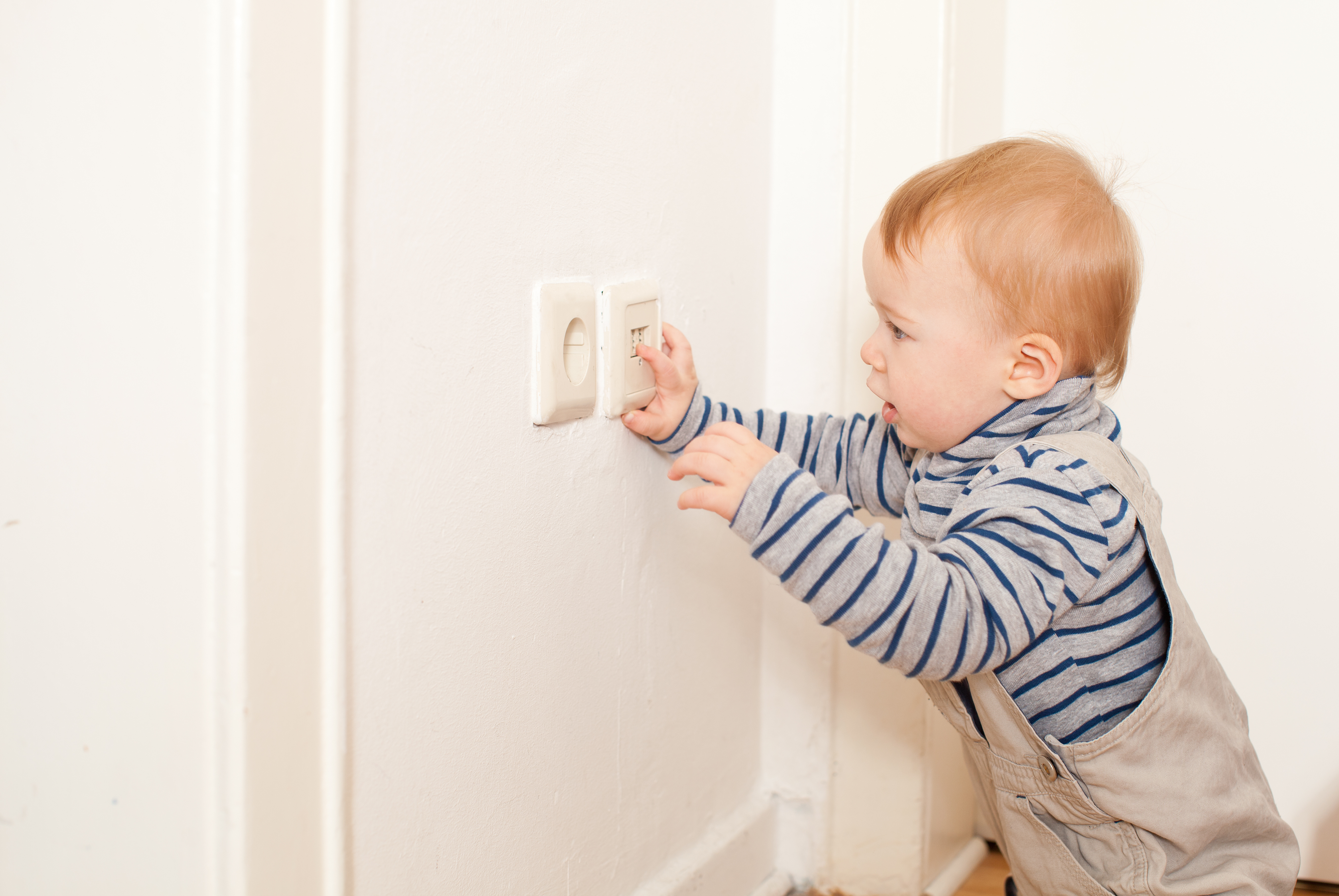Toddlers
Age 15-36 months
So your precious infant has somehow grown into a walking (or at least toddling), talking (or at least trying to string three words together) human being, who enchants you with his big heart and drives you crazy with his mule-headedness. Toddlers can be a handful, but if you can see things from his perspective, and support him as he takes his first steps into autonomy, toddlerhood can be terrific!
Start Here:
Toddlers: Your Game Plan for the Terrific Twos
This can be a maddening time for parents, or it can be a wonderful time, watching your child blossom.
Read MoreTaming Toddler Tantrums
Temper tantrums are normal for toddlers, even legendary. Toddlers feel so passionately about everything, and they simply don't have enough frontal cortex capacity yet to control their strong emotions when they're upset.
Read MoreEasing the Transition to the Toddler Bed
So your toddler is giving up the crib? Or moving out of the family bed? You’ve been to the store and picked out the cutest toddler bed? All of you are totally excited?
Read MoreFeeding Your Toddler
Want to help your toddler develop healthy eating habits? Then offer him only healthy food. There's no reason your toddler needs sweets or junk food at all. But even more important than what your toddler eats is his relationship with food. You want him to be in charge of how much he eats, and of getting it into his own mouth.
Read MoreDiscipline: Managing Your Toddler so you can enjoy him
How to manage a toddler? And stay positive?! Believe it or not, Yes you can!
Read MoreEasy Child-Led Potty Learning
Moving from diapers to being self-sufficiently able to use the toilet is a natural process. Humans have been doing it for a long time. They all get out of diapers sooner or later.
So you don't actually need to "toilet train" your child. Instead, set up conditions so your child can learn. Your goal is to make it as easy and effortless as possible. Think of this as a process of learning that unfolds over time, like all other learning and mastery.
Your Toddler or Preschooler and Screens
It’s no secret that young children love screens. And it’s no secret that many parents feel conflicted about them. Screens can buy you a few minutes of peace when you desperately need it — but they also raise real concerns about children’s brain development, learning, and behavior. So what’s a parent to do?
Read MoreHelp Your Toddler Learn to Put Himself to Sleep
Toddlers don't seem to have an off switch. Often, when they're tired, they just reverberate faster, like an over-wound toy, until they crash.
Read MoreHelping Your Toddler with Separation Anxiety
Dreading leaving your toddler with the babysitter or at daycare and want to prepare him?
Read MoreRoutines that Toddlers Can Understand
Young children function best with structured schedules. Toddlers and preschoolers, especially, feel small in the world. Most things happen TO them. They crave predictability, knowing what will happen, because it gives them some sense of control. A predictable routine allows children to feel safe, and to develop a sense of mastery in handling their lives.
Read MoreCozy Corners and Co-regulation to Calm Your Child
Sometimes, despite your best efforts to express understanding, your child gets emotionally dysregulated. When you realize that your child is getting to that dangerously over-wrought place, suggest that the two of you take some “cozy time”—snuggle up and read a book. Often the connection and the shift to his “thinking brain” will help your child re-regulate.
Read More14 Tips for Gentle Weaning
The verb "To Wean" comes from a Hebrew word meaning to ripen. So when the time is ripe (or maybe when the child is ripe?!) the baby becomes a child who no longer needs to nurse. That process is designed by Mother Nature to be an organic, natural one, like any other kind of ripening.
Read MoreDiscipline for Young Toddlers
How do you discipline a toddler? You understand that their job description is exploration and set limits with that in mind!
How To Get Toddler To Brush teeth
Dr. Laura,
My toddler hates it when I brush her teeth. Brushing teeth is one of the last things we do after the bath and before bed, when she is tired --
she is crazy then, throwing a fit. I really don't want her to get cavities. Should I just hold her down and brush?
